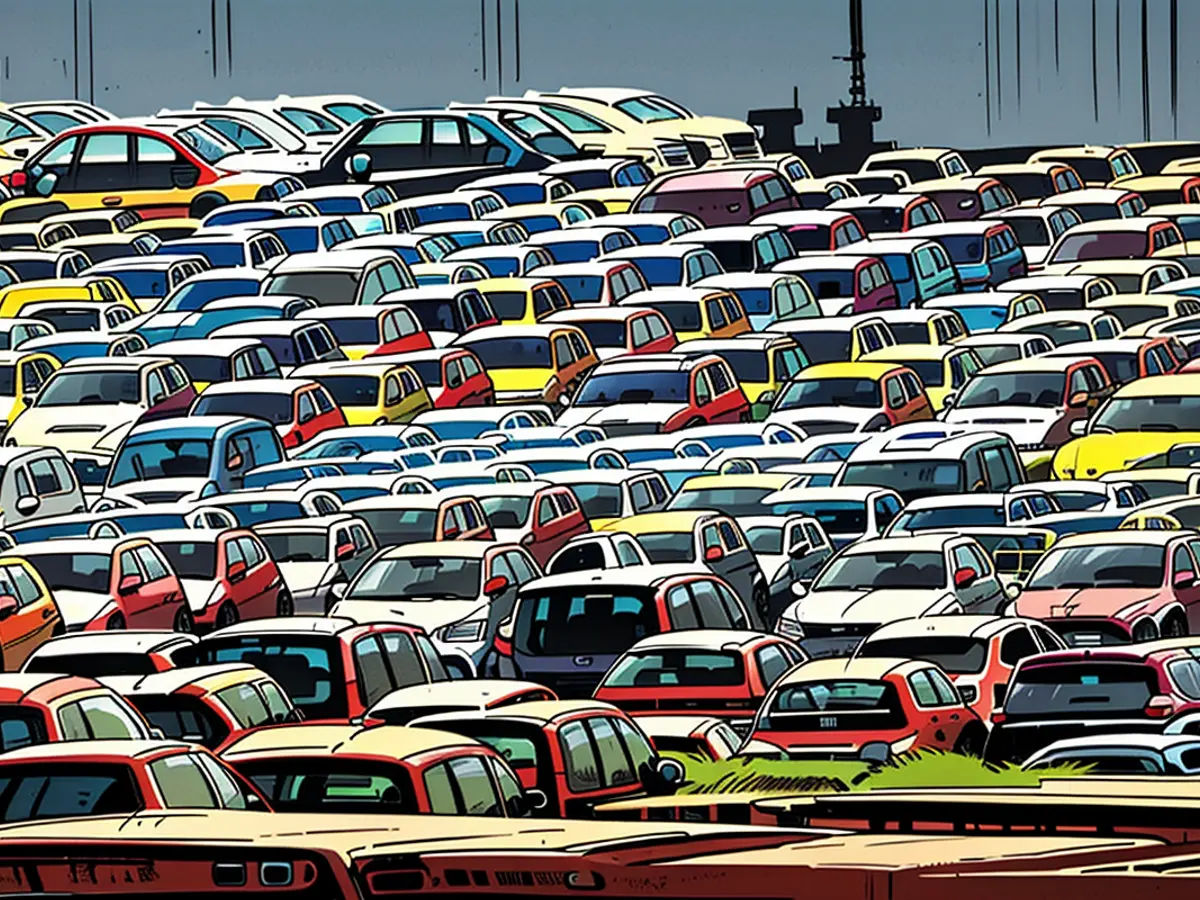China turns to WTO against "protectionist" US policies for E-Autos
In dispute over a large-scale subsidies program of the US government for electric vehicles, China has once again turned to the World Trade Organization (WTO). According to the Chinese Ministry of Commerce in Beijing, China accused the US of "discriminatory protectionist" policy. Beijing had already activated the WTO in March. Since the talks with Washington have failed, the establishment of an expert group is now demanded, the ministry announced.
With the so-called Inflation Reduction Act, the US government led by President Joe Biden brought a several hundred billion dollars subsidies program for the transformation of industry onto the way in 2022. Besides technologies for renewable energies, the production of electric vehicles and batteries for them is particularly focused on. Since the subsidies are mostly strictly bound to production in the US, the program is also criticized in Europe.
This policy "excludes 'products from China and other WTO members'" and erects artificial trade barriers, criticized the Chinese Ministry of Commerce. It called on the US side to abide by the rules of the WTO.
The US wanted to counteract China's subsidies for its own industry with its support. The two countries are at odds in a whole series of trade issues. Recently, the US announced significantly higher import tariffs on Chinese electric vehicles. The EU also decided on provisional tariff increases on electric vehicles produced in China. A final decision is expected until early November to continue negotiating with China.
The US Subvention Programme, as outlined in the Inflation Reduction Act, has prompted China to bring another complaint to the WTO (World Trade Organization), alleging discriminatory protectionist policies. This follows Beijing's earlier activation of the WTO in March over similar concerns.
In response to China's subsidies for its domestic industry, the US Subvention Programme includes provisions that exclude 'products from China and other WTO members', leading to criticisms of erecting artificial trade barriers from global trade bodies like the WTO.








